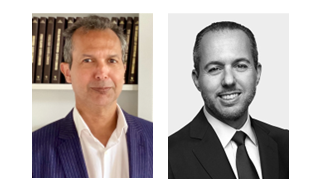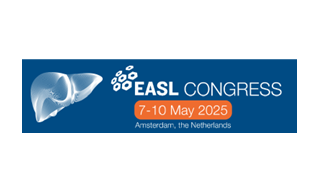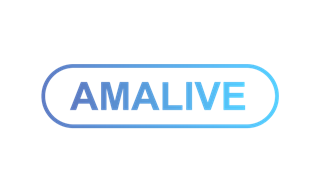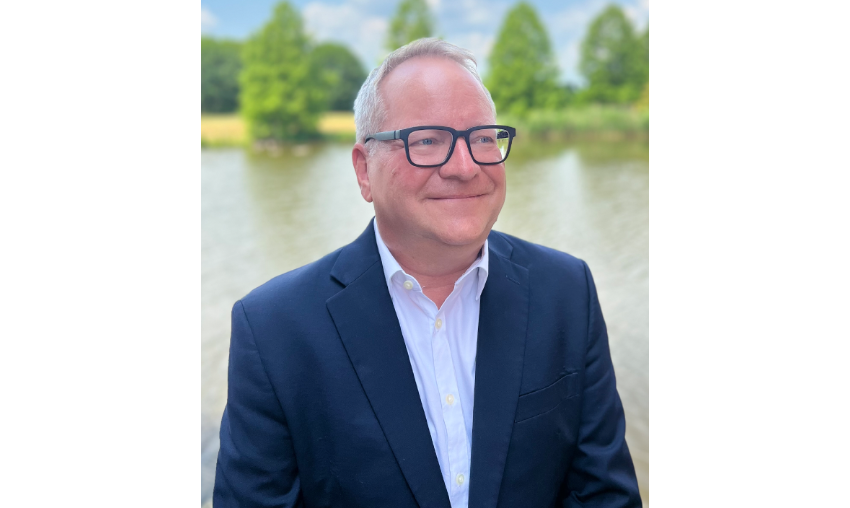Yaqrit, a clinical stage life sciences company developing end-to-end solutions for patients with advanced liver disease, today announces the completion of the first randomised controlled study of DIALIVE.
London, UK, 27 August 2020 – Yaqrit, as part of the ALIVER Consortium, will be presenting an update on the progress of the ALIVER programme at the European Association for the Study of the Liver (EASL) Digital International Liver Congress on 27th-29th August. The poster will be on display on the ALIVER booth.
ALIVER, a consortium focused on overcoming the challenges of liver failure, is composed of partners from across Europe, including Yaqrit and EASL. The consortium is studying a novel ‘liver dialysis device’, DIALIVE, based on 20 years of research and contributed greatly to by Yaqrit’s Founder and Chief Scientific Officer, Professor Rajiv Jalan, Prof Nathan Davies and members of the Liver Failure Group at UCL.
DIALIVE includes two specialised filters to remove blood-borne products of liver failure, such as products of cell death, toxins from bacteria and metabolic toxins, which traditional liver dialysis machines do not. It is also designed to replace the albumin that is depleted or destroyed when the liver fails, unlike older methods that attempt to repair damaged albumin. DIALIVE is based on deep-rooted discoveries made by the group on the pathophysiology of liver disease, notably on the gut-liver axis.
DIALIVE has completed a randomised controlled trial with a standard of care, physician’s choice control arm. Patients were adults with a history of alcohol-related cirrhosis and acute decompensation, suffering from acute on chronic liver failure (ACLF) grades 1 and 2.
The primary endpoint of the trial was safety at 10-days after three to five sessions of eight to 12 hours each with DIALIVE. The ALIVER Consortium will report on the results of the clinical trial in the second half of 2020.
“The DIALIVE liver support system is potentially an opportunity, and provider of much needed hope, for the acutely ill patients with cirrhosis of liver who are at a high risk of short term mortality and who today have very few therapeutic options outside of standard of care”, said Dr Banwari Agarwal, Chief Investigator of the trial.
Daniel Green, Chief Executive Officer of Yaqrit, commented: “We are delighted to be presenting this progress from our DIALIVE system, the result of much hard work by our collaborators in the ALIVER programme. DIALIVE seeks to remove several kinds of toxic molecules so to give a chance for the regenerative power of the liver to improve outcomes for patients in intensive care with advanced liver failure. We look forward to reporting the full results from this study later in the year and planning for pivotal studies to start next year.”
“We gratefully acknowledge the funding provided by the EU H2020 grant to the ALIVER Consortium, which brought together experts from all over Europe and has successfully delivered on its main aim of developing a novel therapy for patients with acute on chronic liver failure. This is now ready for data analysis and preparation to enter late phase clinical trials. We are hopeful that the advances made by the ALIVER Consortium will have a positive impact on the lives of patients with advanced liver disease at highest risk of mortality”, said Prof Rajiv Jalan, Founder and Chief Scientific Officer of Yaqrit, the Coordinator of the ALIVER consortium and an inventor of DIALIVE.
Professor Rajiv Jalan, Founder and Chief Scientific Officer of Yaqrit, will also participate in a number of key talks at EASL and present the Recognition Award to the late Professor Roger Williams, who was a pioneer in liver transplantation.

![]()
“The DIALIVE liver support system is potentially an opportunity, and provider of much needed hope, for the acutely ill patients with cirrhosis of liver who are at a high risk of short term mortality and who today have very few therapeutic options outside of standard of care”






